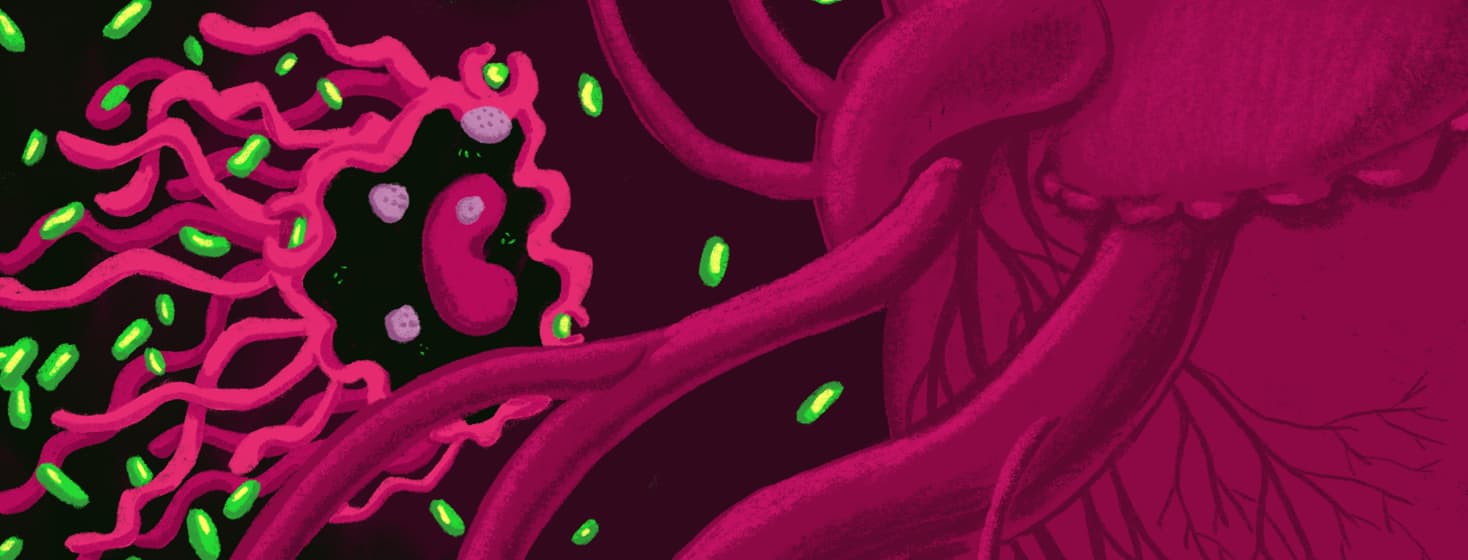Your Heart May Hold Its Own Cure for Heart Failure
Researchers have learned the heart may have its own immune cells. This could hold the key to a future treatment for heart failure. Here is what we know about this exciting discovery.
In a study performed at the University of Minnesota, researchers found the heart has its own supply of macrophages. These are types of white blood cells that play an interesting role in the immune system.1
How do macrophages work?
Macro means large. Phages mean eaters. So, macrophages are large eaters. They eat bacteria. They also eat dead or dying cells in an effort to keep your tissues clean. This helps in the healing process.2
Think of macrophages as Pac-Man cells. They roam around tissue, such as heart tissue, and are attracted to bacteria. Bacteria are the enemy cells (the blue ghosts) that invade tissue and cause infections. Macrophages find, engulf, and swallow bacteria. They break down the bacteria, making it harmless.2,3
Macrophages are also attracted to dead or dying cells, which they eat and break down. This allows room for new cells to form and keeps your tissues healthy.2
What did researchers learn about macrophages and heart failure?
Your heart has its own supply of immune cells. Among these immune cells are macrophages. Researchers learned macrophage levels in the heart quickly increase following a heart injury – for example, high blood pressure.1
As we know, heart failure is the result of a heart that becomes weaker. It is unable to effectively pump blood through the body. This is partly caused by scar tissue that develops in the heart muscle. Heart tissue that becomes scarred is stiff and fibrotic, and it does not contract as well. This makes the heart a weaker pump, leading to a diagnosis of heart failure.
So, macrophages may prevent the formation of scar tissue after an injury to the heart. They might also promote the development of new blood vessels, which continue to feed the heart and keep it healthy.
Researchers believe macrophages may lead to a potential new treatment for heart failure. Introducing cardiac macrophages to the heart after an injury may prevent heart failure.
This is exciting news!
This type of treatment is called “immunomodulatory therapy.” It is a new approach that involves treating diseases by “modulating” (adjusting) an immune response. In this case, it would increase the immune response. Promoting the heart’s immune response may prevent, treat, or even cure heart failure.4Do you have a heart failure story? Click the button below to share with our community!

Join the conversation